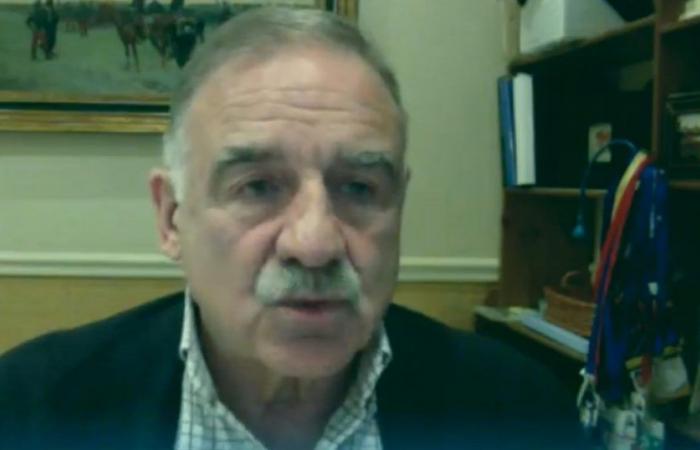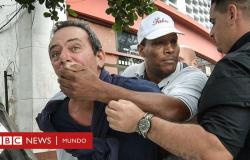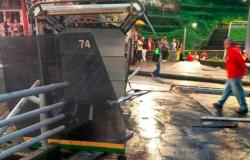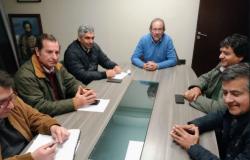
The Spanish senator of the PP Fernando Gutiérrez Díaz de Otazu, retired general and president of the Special Group for the Mediterranean and Middle East of the NATO Parliamentary Assembly, believes that there is no need to worry for the arrival of a Russian fleet to Havana. “It is a friendly visit, within the framework of some exercises that they have been carrying out previously in the Atlantic” and, in his opinion, it should not be given greater importance, despite the fact that the US Navy is controlling the movement, given the geostrategic situation of the Island.
Díaz de Otazu emphasizes that “it is not unusual for Russian ships to move in international waters and approach ports that they consider friendly,” he said in an interview given this Friday to CiberCuba.
The popular senator also rules out that there is a direct relationship between the use, by Ukraine, of Russian weapons to bomb military targets in Russia and the arrival of the Russian fleet to Havana because, in his opinion, the use, not only by part of the United States, but of several NATO allied countries, which have provided weapons to Ukraine to defend itself against Russia. It occurred at the end of May, barely ten days ago, and there would not have been time for this flotilla to have been doing exercises. of four ships in the Atlantic, which must have been scheduled in advance.
“This is not a warlike action, but a friendly one on the part of the Russian Federation with Cuba, in this case,” added the former general commander of the Plaza de Melilla, a Spanish city located in North Africa, on the border with Morocco. .
When asked if the arrival of the flotilla in Havana is a message from Russia to NATO, Díaz de Otazu considers that, in effect, “Russia is trying to send messages that its presence and its level of support and friendship with different countries of the world remains alive and operational.
However, he commented that NATO is currently concerned not with Russia’s movements in the Caribbean, in Cuba, but with other movements that concern countries on the southern flank. “That is, the entire presence of Russian military in North Africa and the Sahel.” In fact, adds the popular senator, the Secretary General of NATO has requested a report that has been prepared and delivered in which a group of experts assesses this Russian presence.
“Russia tries to maintain a presence in all international environments to continue maintaining support in the United Nations General Assembly or in different areas. It tries to maintain that presence for these purposes. For NATO it is not a cause for concern, but for vigilance and to take into account what is being done in these countries,” he added.
When asked if there could be a relationship between the presence in Havana of the Russian fleet, which includes a submarine, a tanker, a tugboat and a frigate, Díaz de Otazu believes that from a moral point of view it could be interpreted as support from Russia, but from a logistical point of view “it is difficult for the Cuban authorities to use a nuclear submarine and a frigate to do something on the island, which could result in repression tasks in the face of civil unrest or whatever,” he said. .
Another thing, the retired general adds, is that Cuba receives some relief to the situation it is experiencing with the arrival of the Russian oil tanker. “But that they can be used in tasks of repressive military action against citizens, it is not likely. It is impossible.”
Asked if there is a danger that we will reach a third World War, Díaz de Otazu responded that “that danger always exists, that is why the Armies exist.” Furthermore, he added that “if Russia were to win the conflict it has with Ukraine, the subsequent consequences for the Baltic countries (Estonia, Lithuania and Latvia) that belong to NATO and neighbors such as Poland would be fearful and worrying. “All allies We must prepare for this eventuality,” he concluded.





